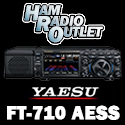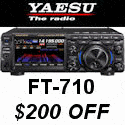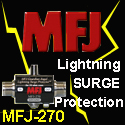FCC ISSUES NPRM TO ELIMINATE CODE REQUIREMENT
Discussion in 'Amateur Radio News' started by AA7BQ, Jul 21, 2005.
- Thread Status:
- Not open for further replies.
Page 318 of 321
Page 318 of 321
- Thread Status:
- Not open for further replies.










